What Checks to Conduct when Buying a Second-Hand House?
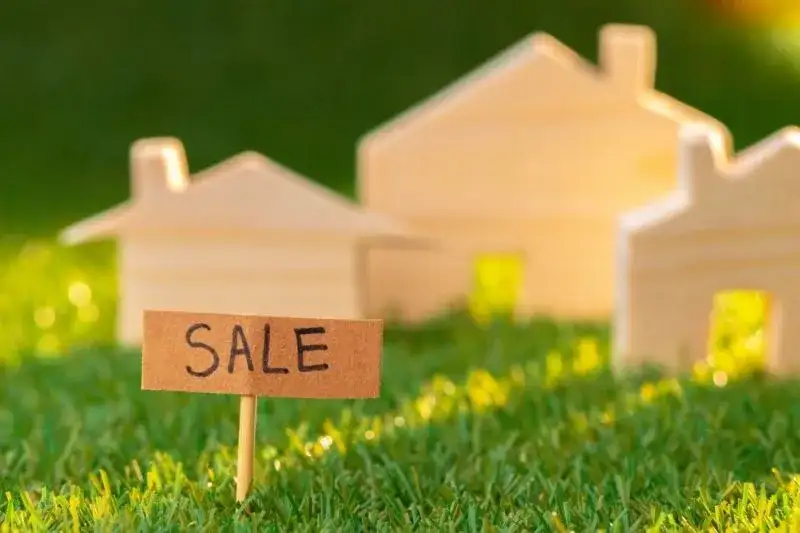
Investing in a property, be it new or pre-owned, is a dream come true. It is a very important decision to be made from an investment point of view since it involves a huge financial outlay and commitment. The home buying decision needs to be made even more diligently and smartly when you are investing in a second-hand house.
When buying a second-hand house, being extra careful is the key. It is necessary to look into all the big and the little details, such as the kitchen design, the wall colours, the upkeep of the balcony or terrace space, the title deed, property documents etc. Nothing is irrelevant or trivial when it comes to being cautious while buying a resale property. There are several physical features and legal aspects that need to be considered before diving into the buying decision. Ascertain all of them to be doubly sure of your investment.
REASON OF SALE
There may be many reasons why people decide to sell their property. Some reasons could be job relocations, moving across cities or countries, desire or need to shift into a bigger or smaller living space, preference for a different address, dissolution of the investment asset, and also life events such as marriage, child birth, or even retirement. Besides these common reasons, there may be other unstated and specific reasons like too many thefts in the neighbourhood, water scarcity or frequent electricity outage issues, structural or design problems or even unavailability of good infrastructure or basic resources in the vicinity etc. Hence, asking upfront the reason for sale of the property is extremely important. If you know the real reason why the property is being sold, you can make a well-informed and calculated decision of investing in the asset. Find out for how long has the house been on the market as that can also help ascertain what the real issues are. Also, there will be more room for negotiation if you know what the real reason is and how desperate the seller is.
LOCATION OF THE HOUSE
Needless to say, location plays a vital role in a home buying decision. The proximity of the house from all the required amenities like supermarkets, educational institutions, your workplace, hospitals and other recreational hubs should be kept in mind. Few neighbourhoods are prone to many nuisances and disturbances including speeding on streets, traffic jams, noise from neighbours, pets or nearby businesses, crimes, unpleasant odours, garbage mismanagement, poor maintenance etc. Thus, talk to neighbours or residents dwelling in close vicinity to know all about the past owners of the property and the surroundings. Of course it is not possible to perfectly predict what is in store in the future, but being aware of the development plans, zoning laws, ongoing construction etc. in the neighbourhood is important. Also, make sure there are enough service providers and there are no network connectivity issues in the area.
AGE OF THE PROPERTY
The age of a second-hand house should be a determining factor when making a comparison between properties. Knowing exactly how old the construction is and in what the condition the property is will change its market value, usability and future appreciation too. Buying a very old house will bring in the challenges of any structural or functional issues due to wear and tear or long-term desertion. When assessing a second-hand house, it is always a good idea to have a civil engineer check if the walls are single or double layered, if the walls have moisture in them, if there is irreversible weather damage, and also if the house and the project or area is well planned. It is recommended to buy a property that is less than 40 to 50 years old in order to avoid the snowballing costs of repair works, renovations, redevelopment etc. Also, the foundation strength and durability of the house is important and hence finding out the real age of the property before finalising it is crucial.
HEALTH OF THE HOUSE
There is more to a second-hand house than just the freshly painted walls and the recently installed fixtures and fittings. A second-hand house comes with lot of responsibilities. For instance, checking the quality of doors and wooden frames, inspecting the water supply and drainage systems, checking for rusts or cracked tiles and flooring, noticing water stains or leakages hidden below the new paint etc. becomes more important in a pre-owned or used property. The waterproofing system should be have a warranty and guarantee with it. Several small details need attention and evaluation.
DESIGN OF THE HOUSE
Considering your lifestyle and the size of your family, you need to ascertain not only the number of bedrooms, bathrooms, guest rooms etc., but also the design and planning of these rooms in the house. You should check if the rooms are located well, are spacious, light and ventilation is sufficient, and the design is lifestyle-friendly for you and your family members. The layout of the kitchen is an important consideration. If a pre-installed modular kitchen or any appliances come along, do check for their quality, maintainability and functionality. Look for few basic things when assessing a good balcony or terrace – if the view is nice, is it large enough to be able to use it for drying clothes and other errands etc. Your house demands privacy, security and leisure and it is important you do all necessary checks to ensure the same.
MISCELLANEOUS PHYSICAL CHECKS
Check if the elevators or staircases, if present, are in good working condition. Assess the common amenities in the society or building and their health status. Try operating the lights and switches, check the functionality of the toilets and the taps and faucets, check the working of the doors, windows, locks and keys etc. Take a walk around the property, up and down the staircases, check the fire exits, common terrace etc. to ascertain the use and maintenance of the same.
FUTURE APPRECIATION
When creating assets, your calculations should include the return on investment or the increased monetary value that you expect from it in the future. To find out at what a second-hand house, if sold, will be valued at, you can calculate a future value based on the present property valuation. Understand the property price trends through credible resources and compare the houses in the vicinity to the past and present values across the years.
CURRENT OWNERSHIP CHECK
While buying a resale property, establishing the clear title of the property is important. Check if the property has individual or joint owners. In case of joint- or co- ownership, the sale of the property should be approved by all stakeholders to make sure that you are not buying a disputed property. Find out if the seller is the true owner of the house you are planning to buy. Always ensure that the building’s title is clear of all legal encumbrances like litigation, mortgages or pledging. You should make sure that the sales deeds of all previous owners are stamped and registered.
IMPORTANT DOCUMENTS
The Title Report/Ownership Document, Title Clearance, Approval Plan, NOC from Bank, Completion/Occupancy Certificate, Previous Electricity/ Water and Other Utility Bills, Property Tax Payment Receipts, Documents of BUC, Encumbrance Certificate, Possession Certificate etc. are important documents to have handy when buying a resale property. Make sure you have all these documents with you while buying a second-hand house and have them verified from a legal advisor.
EXISTING LOAN AND MORTGAGE
You should definitely check for any outstanding loans against the house if the existing owner has taken a housing loan. It is necessary to ensure that the home documents are not lying mortgaged in the custody of any bank against a loan taken by the previous owner. You should have the original documents of the property given to you. The bank will not consider another loan until and unless the loan taken by the previous owner is repaid and the documents are released. Note that if the seller has any dues pending towards the building, society, or against the house, you will be responsible for paying them subsequently.
VALUE OF A RESALE PROPERTY
It is important to remember that the loan amount is largely determined by the property's cost. However, before approaching the banks, it would be advantageous to hire a property valuator for estimating the present price. However, the property may be valued at a substantially lower rate by the bank's property valuator, taking into different pre-decided parameters.
TRANSFER OF PROPERTY AND RE-REGISTRATION
You will have to pay transfer and registration costs when purchasing a second-hand house. It might be a significant sum at times, so be sure you understand everything. Check for the stamp duty required for the same.
EXPENSES FOR REPAIRS AND RENOVATION
If you purchase a resale home, you may need to paint, restore, or even renovate it. This could be due to compulsory repairs required or simply because you want your new house to meet your expectations. Before you buy a house, make sure you undertake a thorough analysis of the costs that will be incurred. Despite the fact that a resale home is fully equipped, you should have an understanding of what to expect.
UTILITY TRANSFER FEES/ MISCELLANEOUS FEES
When buying a resale property, you may have to bear some additional costs which may or may not include attorney fees and brokerage fees paid to agents, charges for the transfer of utilities in your name, club membership fees, and repair and renovation expenses if any. Therefore, add up all these outlays when calculating the cost of the property, because the combination of these costs can offset the benefits expected from the purchase of an affordable resale property.
Ultimately, what matters is which type of house best suits your family. Not all resale houses are the same, but any choices that you make of this scale carries some inherent risks. An already built house might be ready to move in and shorten the waiting time for completion, but make the right choice only after carefully considering what is best for your family and your lifestyle and satisfactorily completing all the above mentioned checks.
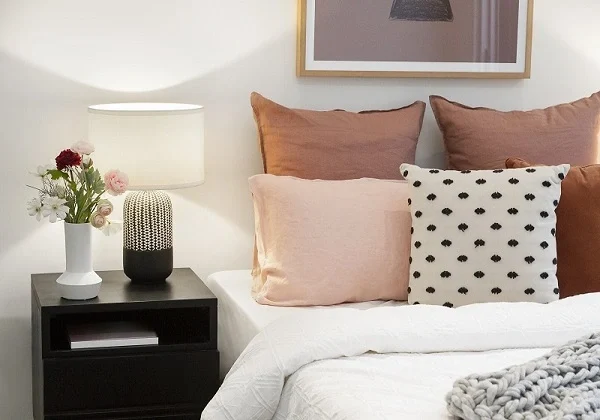
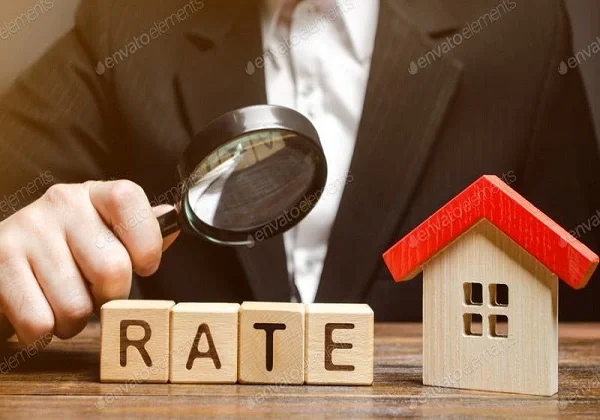

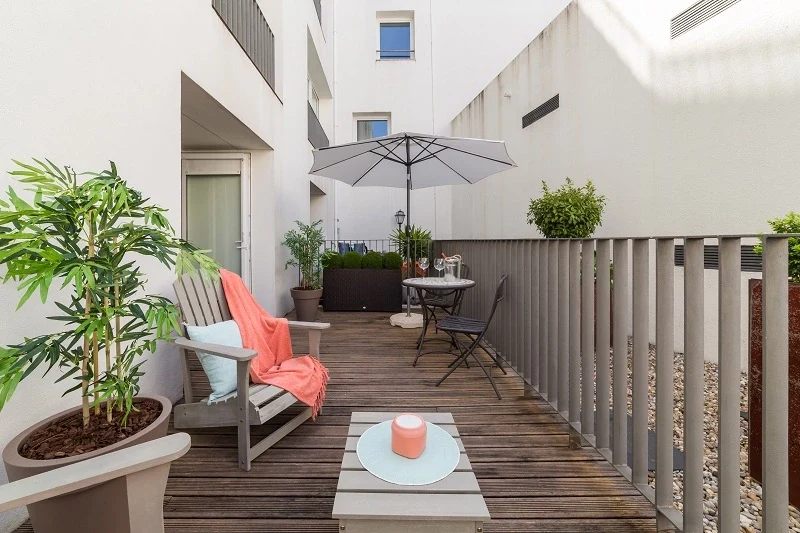

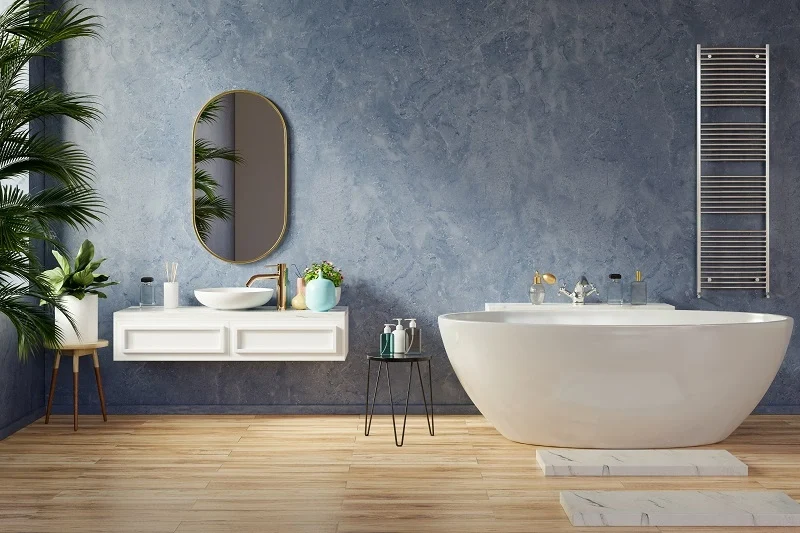
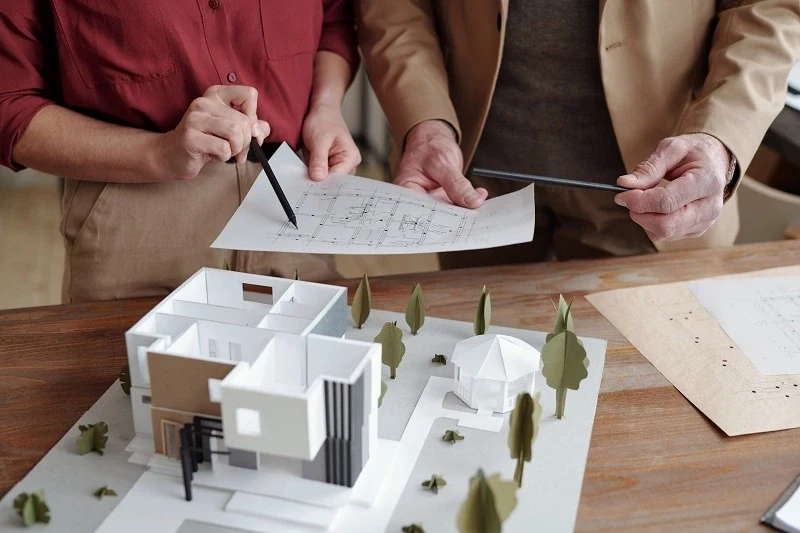
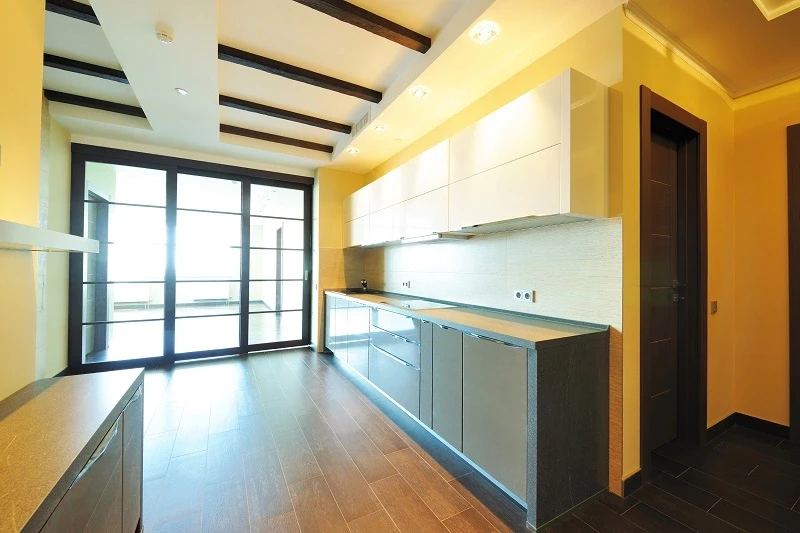
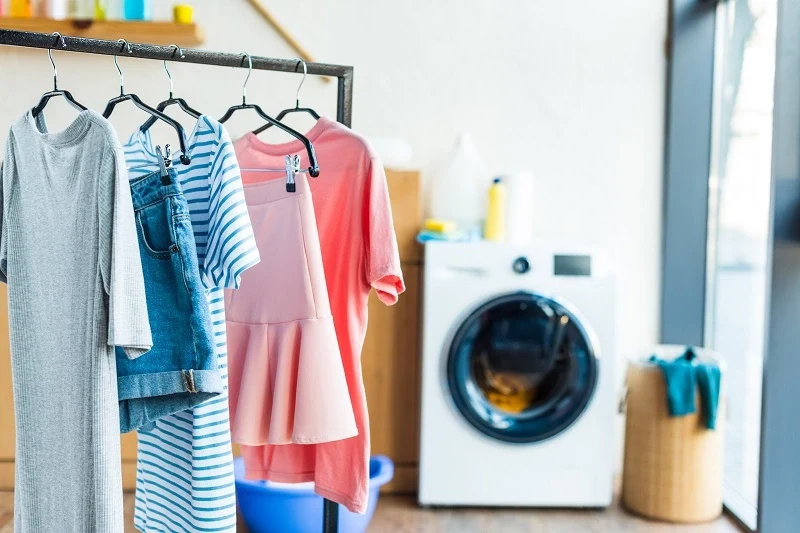
Ask a Question